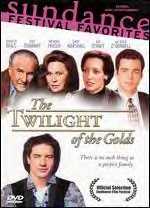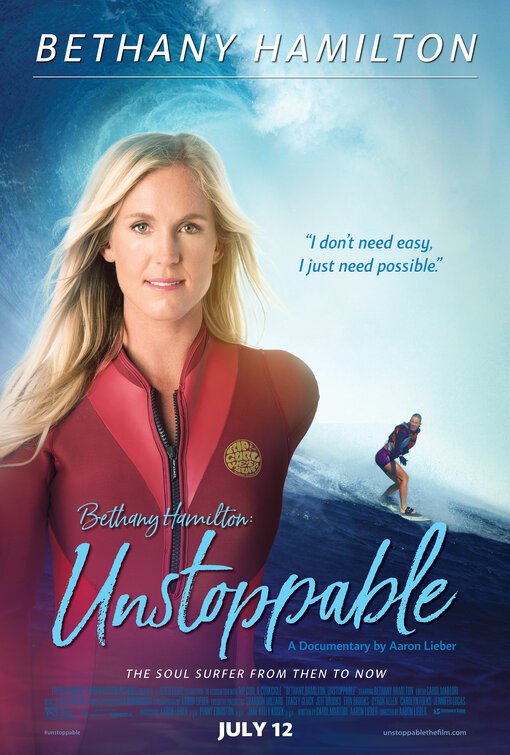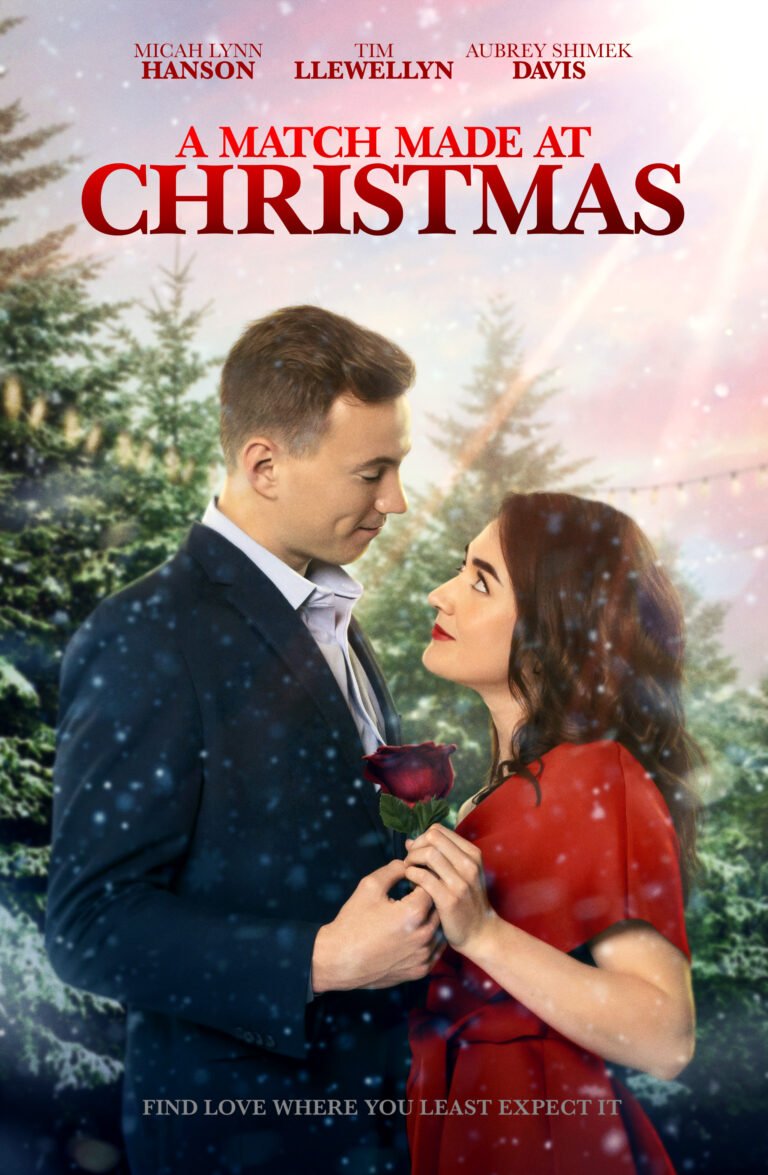"Abortion vs. Homosexuality"

| None | Light | Moderate | Heavy | |
|---|---|---|---|---|
| Language | ||||
| Violence | ||||
| Sex | ||||
| Nudity |
What You Need To Know:
This movie has mixed messages. It ironically lifts up a pro-life point-of-view with statements that abortions can’t be performed out of convenience without attacking the very essence of humanity. Alternatively, discussions about homosexuality being caused by circumstances arise when Suzanne’s homosexual male co-worker is pushed around by a homosexual-bashing stranger. At the conclusion, the discomfort about having a homosexual child is viewed as bigotry, but being pro-life is not viewed as an appreciation of God’s creation. TWILIGHT OF THE GOLDS has scenes of men kissing and implied sexuality.
Content:
(HH, B, HoHo, B, L, S) Secular worldview with moral elements in the absence of absolute truth, political correctness & homosexual lifestyles; 2 obscenities; no violence; and, no displayed sex
More Detail:
THE TWILIGHT OF THE GOLDS is an honest exploration of the plight of a family which is committed to a liberal worldview which at best leads to dissatisfaction and destruction. Suzanne (Jennifer Beals) and Rob (Jon Tenney) have what appears to be an ideal relationship: they are happy, healthy, gainfully employed, and in love. Because of Rob’s involvement in the Human Genome project, the couple decide to test their child for potential genetic defects. The news is that the child will be male, left handed, intelligent, and probably homosexual. (Since homosexuality was very rare for most of recorded history and the parents are not homosexual, the audience has to assume that this homosexual gene is a product of entropy or a malignancy since its consequence is to thwart procreation.)
The scientific fact that a set of genes can statistically lean towards homosexuality is debatable, but the question of “if you knew, what would you do?” is what sets this drama in motion. A homosexual child does not an ideal family make, which Rob eventually admits. Suzanne’s brother, David, is homosexual and that wasn’t altogether easy in her family. Suzanne’s parents lean towards abortion. In their worldview, aborting is just ending a “potential life” so why the tumultuous feelings? David is the only one willing to confront the issue directly. If Suzanne has an abortion, does that mean their parents would have aborted him if they had a chance? The answer is chilling.
David does everything outside of a formal protest to try and convince Suzanne to have the child. Suzanne reminds David of an abortion he encourage his girlfriend to have in high school. “That’s different!” he protests. Yet, the only difference is that he can relate to this baby: this baby could have been he. Even though his own child bore his genes, David somehow feels that his previous abortion out of convenience was okay, but not abortion out of another form of convenience. In brief, now homosexual David is confused and expresses the self-contradictory logic of abortion.
David, understandably, cuts off his family completely after his parents imply that abortion would have likely been the course of action if they’d known of his sexual orientation. Following David’s challenge, his father unwisely calls him “sick and diseased,” so David “gives them their wish, not to have a gay son.”
Throughout the moral confusion, a pro-life message emerges from David, “If you abort a baby due to one element, then the whole tapestry of humanity unravels.” The unsaid message is that abortions can’t be performed out of convenience without attacking the very essence of what humanity is: life. Pro-life messages also emerge when Suzanne’s co-worker, Jackie (Rosie O’Donnell), tells her how lucky she is to have this opportunity. Jackie is sterile.
Alternatively, discussions about homosexuality as a result of circumstances arise when Suzanne’s homosexual male co-worker is pushed around by a homosexual-bashing stranger. Suzanne tries to ask her homosexual colleague whether homosexuality results from nature or nurture, but doesn’t ask it directly. This is as far as the movie goes towards addressing the possibility that this baby’s predilection towards homosexuality might be due to a strong mother and an absent father. At the conclusion of the film, parental discomfort about having a homosexual child is viewed as bigotry and not as something that is an appreciation of God’s creation.
TWILIGHT OF THE GOLDS has scenes of men kissing and implied fornication. The production values in this movie are low. The picture is sometimes grainy and out of focus, and the sound is sometimes grating, but it is an attempt to explore the topic of abortion which most of Hollywood avoids. The film exposes the inconsistency of a left wing worldview whose idea of obeying God is reduced to following the traditions of men. This vapid world view comes face to face with its own contradictions and selfishness when the question is asked, “what about aborting a baby for a politically incorrect reason?” In the end, life triumphs despite the confused choices of the protagonists.



 - Content:
- Content: 



 - Content:
- Content: 